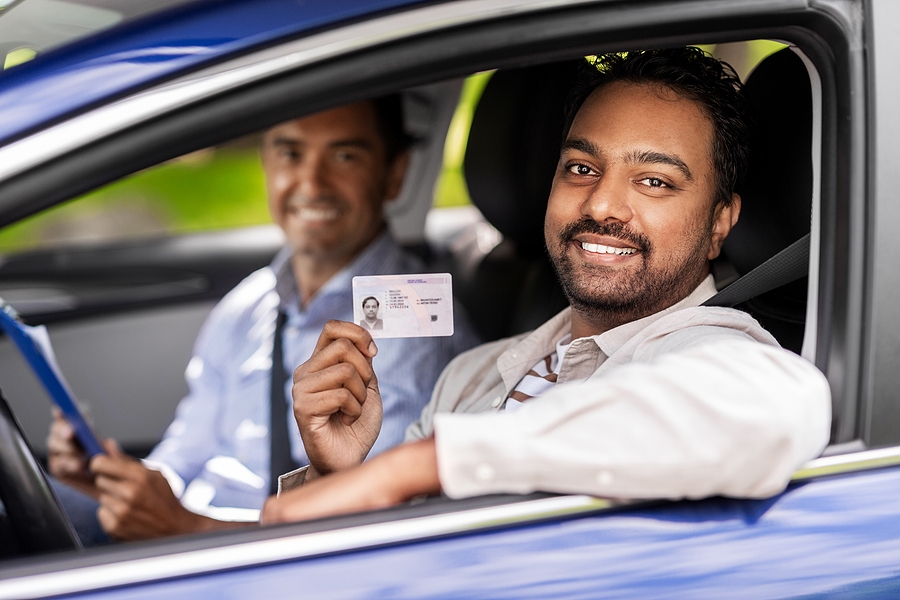Why you might need a driving license translated
Most people who go overseas for short trips never think about translating their driving licenses and, in reality, a translation is rarely necessary. Most national or state driving licenses are accepted in other countries although there may be limitations on their use and in some rare cases, a translation may be necessary. It always pays to do a quick Google search before jetting off to another country, especially if the country is unfamiliar or where people speak an entirely different language or use a very different form of writing.
Spare a thought for the average traffic cop in say, China, who asks to see your driving license at a roadside stop and you are driving a rental car. Your license will probably be totally incomprehensible. The same goes for Chinese or Japanese tourist in Australia or Europe who carries their own national driving license with them. It may technically be legal, but the policeman or policewoman who asks to see it will probably not have a clue whether it is actually valid or even discern any useful information from it, especially if the photo i.d. is a bit out of date.
There is one way around only carrying your own driving license or getting it translated and that’s getting an international driving license. This is usually easy to obtain in advance before leaving your own country. The international license is normally carried with the national license and presented to whoever asks to see it. The information is translated and printed in some, but not all, of the world’s major languages.
The requirements for driving license translation
If you do need to have your driving license translated, use a professional driving license translator. By choosing the right translator who can translate the license into the language you need, all the relevant parts of the license must be translated correctly. These include:
- your name;
- your home address (if on your own national license);
- the date of expiry of your license;
- the date the license was issued;
- whether there are any special conditions required for you to use your license, e.g. wearing spectacles or contact lenses;
- the validity of the license for particular vehicle classes.
Note that most countries and, in some cases, administrative regions of a single country, such as state governments in the U.S. or Australia, require local licenses to be obtained after a period of residence. The rules depend on which country you obtained your original license in, so for example, if you have a Singaporean license or a New Zealand or British one, you can obtain an Australian one without having to do any further tests. You may need to get your own license translated just to have a new, local license issued.
The need for using the right language service provider
If you have been told that you need your national license translated, it is best to get it done by someone who knows what they are doing. Choosing a professional driving license translator will avoid problems and misunderstandings. Every country has a different way of approving translation accreditation or qualifications, so make sure you check which translator or agency is qualified to certify your license and knows what is required in the country you want to use it.
If you are already in Australia, for example, and expect to be in one state or territory or the other for more than 3 months, then you can expect to have to get a new, locally issued license. That might mean that your own national license you have been using up to then needs to be translated. Use a NAATI-certified licensed translator to do the translation. NAATI is the Australian national accreditation authority for translators and interpreters.







